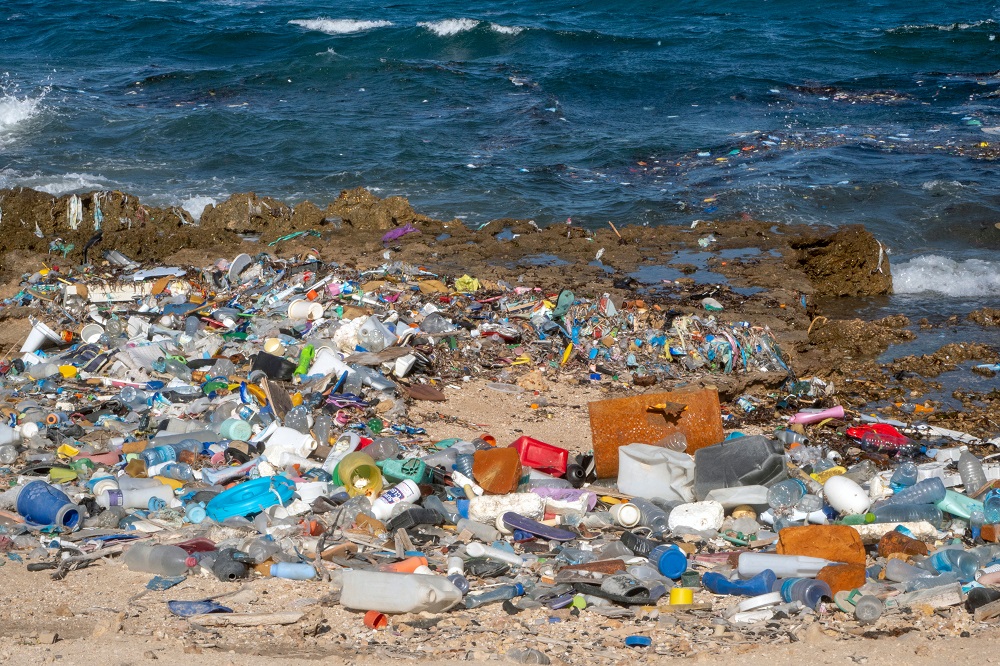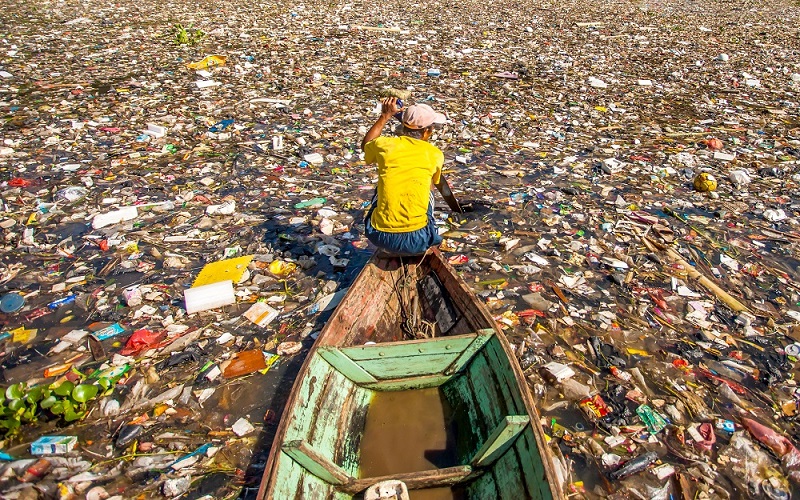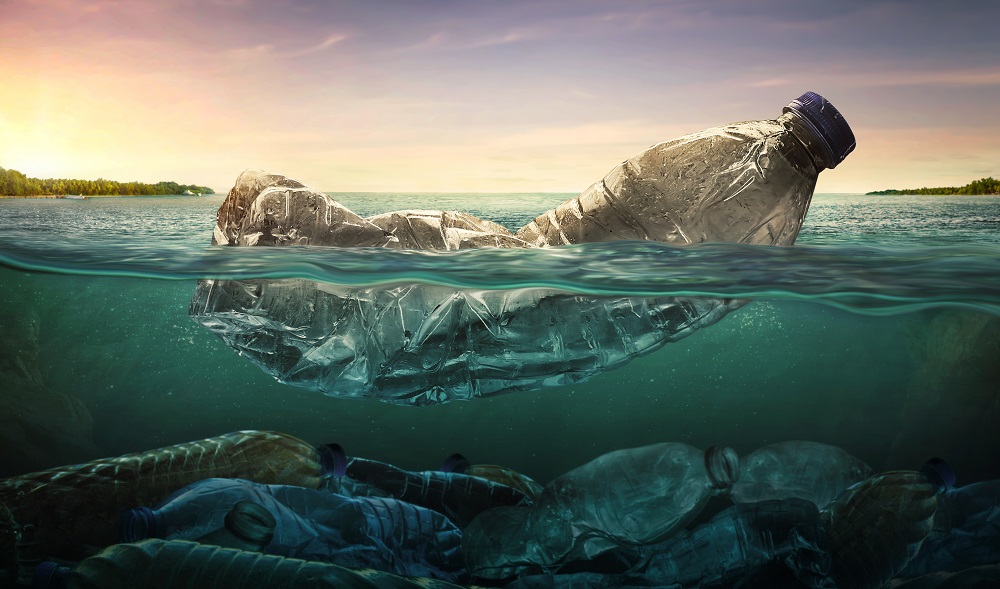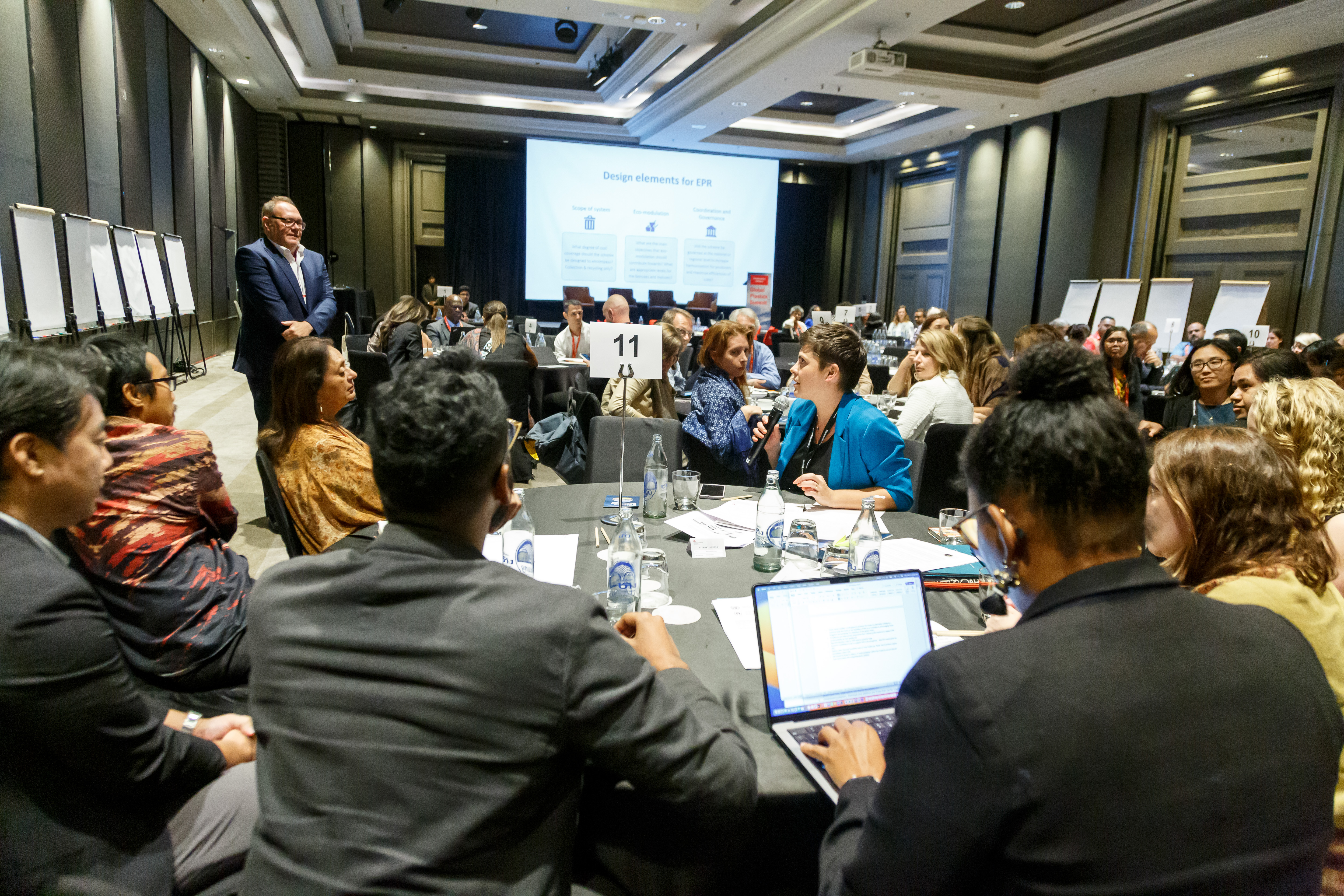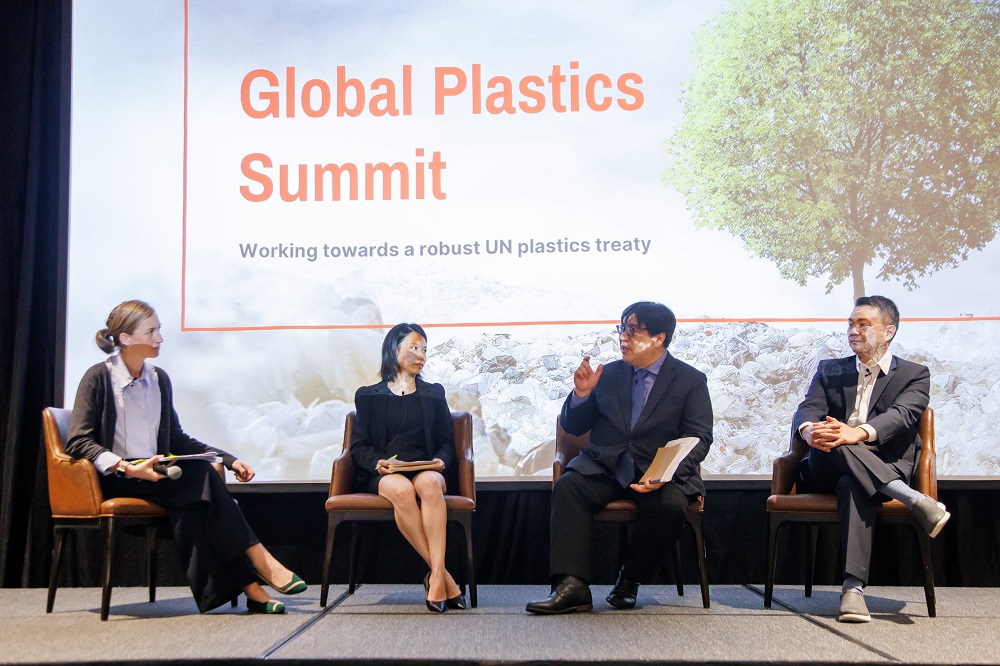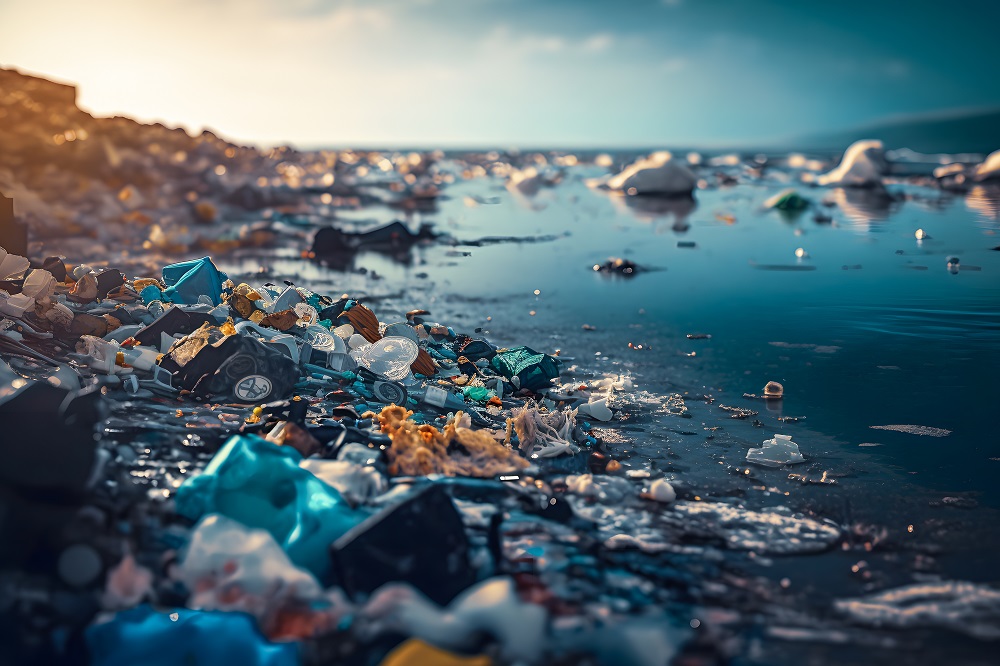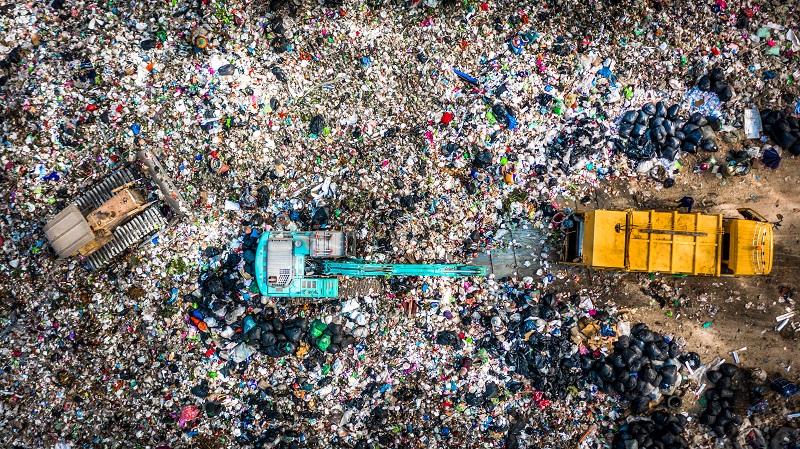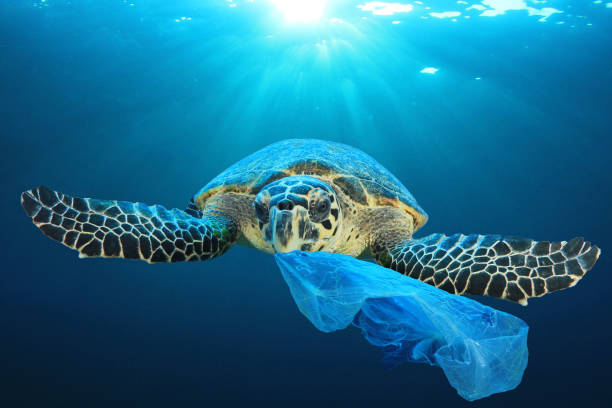CONTENT FROM
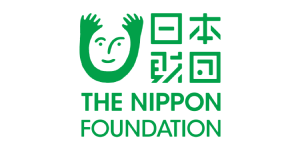
- Our oceans are in crisis: Warming is leading to deoxygenation and sea-level rises, and by 2050, plastic will outweigh all of ocean’s current fish.
- Oceans matter for everyone: They produce oxygen and food, store carbon and heat, enable economic activities and enrich culture and inspire wellbeing.
- Ocean equity must be a priority. There are tensions between the economic riches that oceans offer, and the need for shared benefits, and sustainability. Everyone needs a voice in balancing these equally important goals.
The evidence is clear: our world’s oceans are deeply impacted by climate change. But what we often fail to acknowledge is that the effects of climate change are not experienced among people equally. More specifically, research shows that current socioeconomic trends will enhance the disparities of climate impacts on people and communities based on their geographic, economic and political positions.
When we focus solely on adapting to climate change through the lens of ocean protection, we are in fact ignoring societal contexts and histories that benefit some groups over others. The oceans are not an environmental realm ‘out there’ to be fixed but rather, are entangled in the daily lives of millions of people as sources of livelihood, wellbeing and cultural identity. Since the drivers of ocean change, and the effects of these changes, are moderated by institutional and societal factors, promoting equitable solutions to a changing ocean must be based on the real conditions of what it means to live with the oceans.
The Nippon Foundation Ocean Nexus Center is a transdisciplinary international network of ocean researchers focused on bringing social equity to ocean governance, built on a 10-year partnership between the Nippon Foundation and the University of Washington.
“For decades, the state of the world’s oceans has been a troubling issue for me. And now more than ever, the emerging scientific evidence around the impacts of climate change is reconfirming these concerns. As our understanding of the changing state of our oceans deepens and the risks to human existence are brought to bear, The Nippon Foundation’s commitment has evolved to seek equitable solutions for the oceans and for humanity. With the Ocean Nexus, we aim to nurture and promote a global network of ocean experts with diverse perspectives, to guide us to take the necessary steps to pass on sustainable and equitable oceans 1000 years into the future” states Yohei Sasakawa, chairman of The Nippon Foundation.
“Our goal is to achieve ocean equity, which will be undermined if we stay on our current path, not only due to climate change but also due to the legacy of colonialism and hegemony,” says Yoshitaka Ota, the Center’s director and a professor at the University of Washington’s School of Marine and Environmental Affairs. “We propose three critical steps to transform that path. First, we must recognize how we have approached ocean issues without accounting for the burden we caused for others. Then, we can help people that are currently in harm to recover. Finally, we can reverse inequality and injustice by transforming our economic and governance systems”.

“Our goal is to achieve ocean equity, which will be undermined if we stay on our current path, not only due to climate change but also due to the legacy of colonialism and hegemony”
-Yoshitaka Ota, Director, Nippon Foundation Ocean Nexus Center
The Center is also working to redress imbalances too often evident in oceans discourse, such as the tendency to neglect social issues like intersectionality, climate justice, decolonisation and human wellbeing. Through research endeavours and fellowships, it covers urgent thematic areas such as climate adaptation, transboundary fisheries management, blue economy, human rights, indigenous rights, public health and food sovereignty.
“Critical to oceans equity is the understanding of the interface of oceans and human health,” says Dr Elaine Faustman, a professor at the University of Washington School of Public Health. “Too often we violate the construct that all peoples around the globe have a voice in defining wellbeing for themselves and their families, by dismissing the disproportional impacts of our actions and inactions in ocean governance on island and coastal communities”. Broadening the concept of health and wellbeing beyond absence of disease, the Center’s research defines the concepts of wellbeing within a context of cultural sustainability, ocean and human health supported with human rights, dignity and voice.
Another research project at the Ocean Nexus Center, led by Dr Andrés Cisneros-Montemayor, an assistant professor at Simon Fraser University’s School of Resource and Environmental Management, provides a novel global framework to understand how the role of human-versus-natural capital factors in achieving sustainable blue economies.
The project, published in Nature, examined the extent to which equitable and sustainability benefits of oceans — known as a blue economy — are likely to be achieved based on available resources and enabling governance conditions, including gender and group equality, corruption and national stability. The team found that socioeconomic and governance factors accounted for more of the difference in projected capacity to deliver a blue economy than available natural resources did. These differences can be seen throughout the developing world, but also within regions, including Europe and North America, currently focused more on growth than on equity and sustainability — precisely what a blue economy intends to avoid.
“The barrier to achieving equitable and sustainable development in oceans isn’t in finding the resources. The gaps we found are on the human and social side and in figuring out how those sectors can bring equitable benefits to people,” says Dr Cisneros-Montemayor. While the research showed a large number of countries struggling to put in place the necessary institutions and governance conditions, the power in shaping outcomes was actually a cause for optimism, as it puts agency in human hands.
Back to Blue is an initiative of Economist Impact and The Nippon Foundation
Back to Blue explores evidence-based approaches and solutions to the pressing issues faced by the ocean, to restoring ocean health and promoting sustainability. Sign up to our monthly Back to Blue newsletter to keep updated with the latest news, research and events from Back to Blue and Economist Impact.
The Economist Group is a global organisation and operates a strict privacy policy around the world.
Please see our privacy policy here.
THANK YOU
Thank you for your interest in Back to Blue, please feel free to explore our content.
CONTACT THE BACK TO BLUE TEAM
If you would like to co-design the Back to Blue roadmap or have feedback on content, events, editorial or media-related feedback, please fill out the form below. Thank you.
The Economist Group is a global organisation and operates a strict privacy policy around the world.
Please see our privacy policy here.


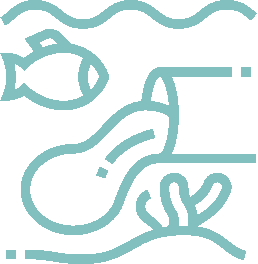

 World Ocean Summit & Expo
2025
World Ocean Summit & Expo
2025 UNOC
UNOC Sewage and wastewater pollution 101
Sewage and wastewater pollution 101 Slowing
the chemical tide: safeguarding human and ocean health amid
chemical pollution
Slowing
the chemical tide: safeguarding human and ocean health amid
chemical pollution Hazardous chemicals in plastics - the discussions at INC
Hazardous chemicals in plastics - the discussions at INC








